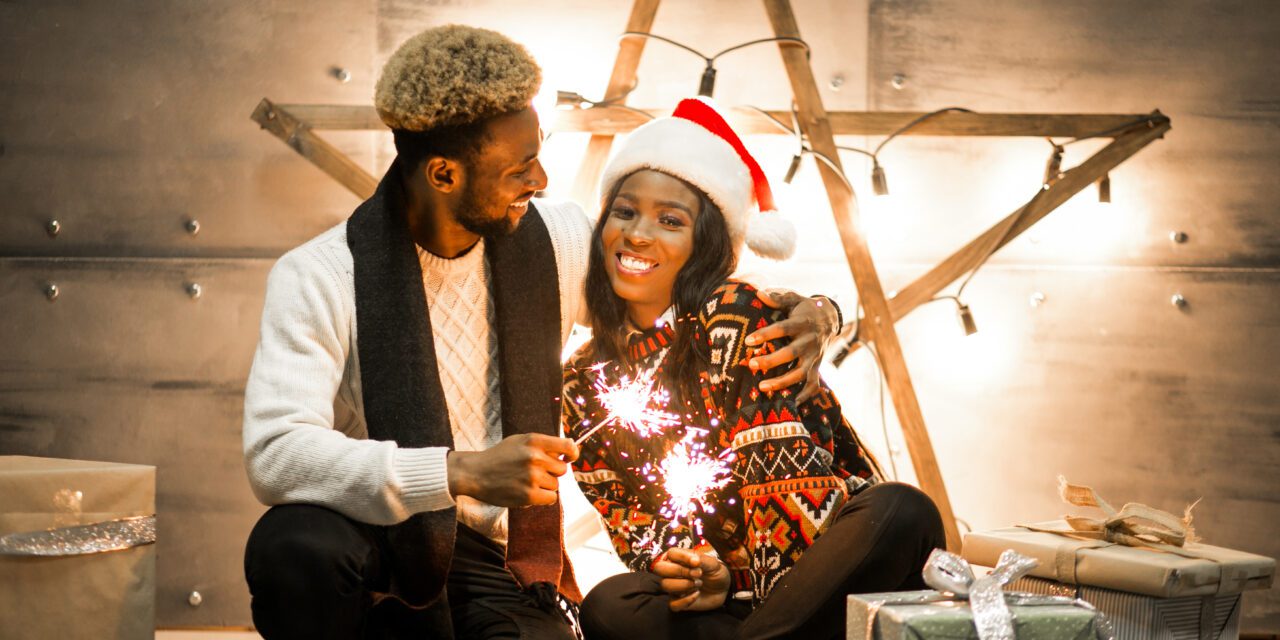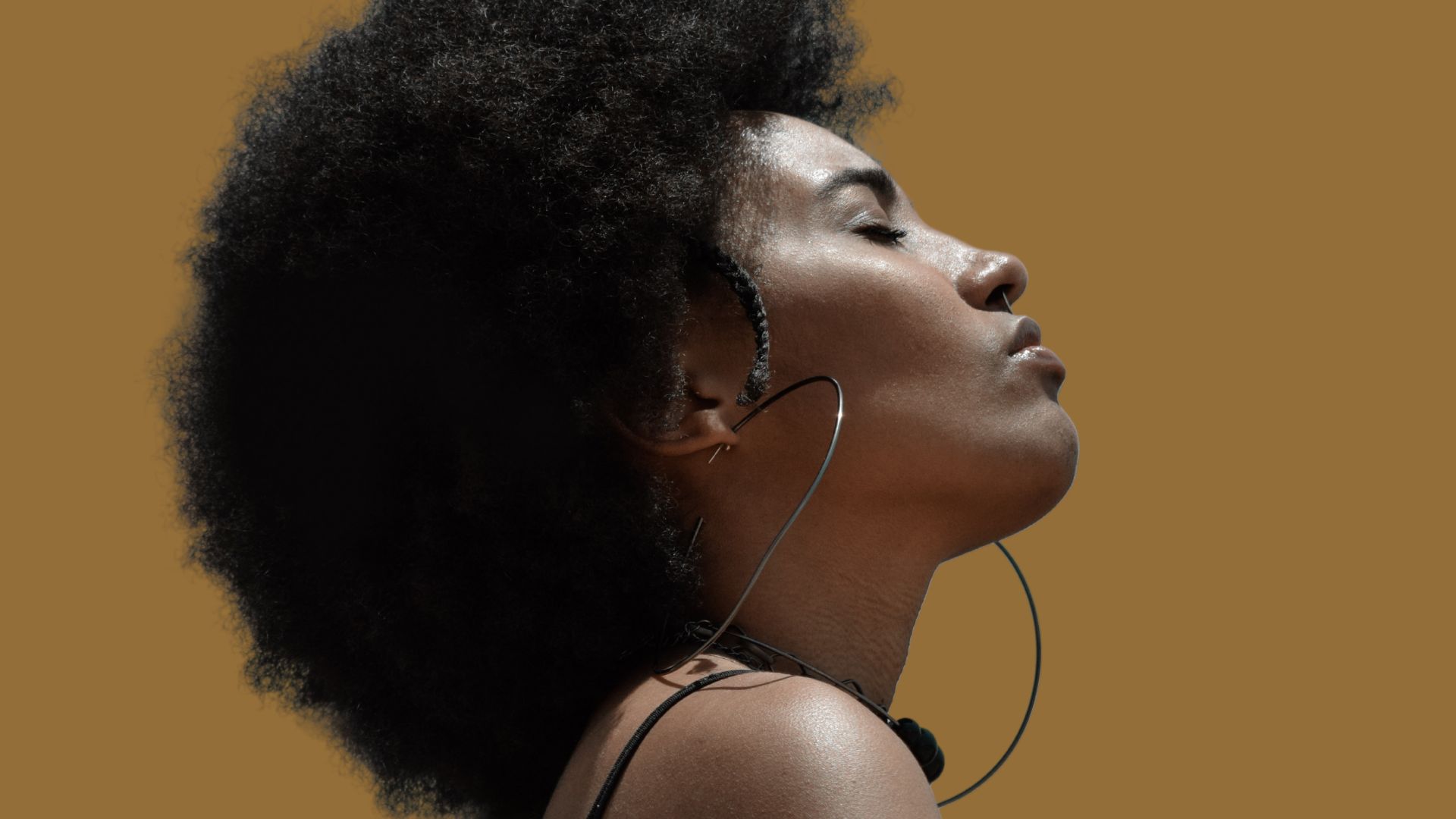The holiday season is often a time of joy, celebration, and togetherness. However, for those struggling with social anxiety, this time of year can be a source of stress and discomfort. Social anxiety, characterized by excessive fear of judgment or embarrassment in social situations, can become more challenging during the holidays when gatherings and parties are in abundance. In this article, we will explore what social anxiety is, its common triggers during the holidays, and offer some strategies for managing it effectively.
Understanding Social Anxiety
Social anxiety, also known as social phobia, is a mental health condition characterized by an intense fear of being judged, embarrassed, or humiliated in social settings. It can manifest in various forms, such as a fear of public speaking, mingling at parties, or even everyday interactions. The holiday season, with its emphasis on social gatherings, can intensify these feelings for those who experience social anxiety.
Common Triggers During the Holidays
Social Gatherings
Holiday parties, family reunions, and gatherings with friends can be particularly daunting for individuals with social anxiety. The fear of judgment, making small talk, or being the center of attention can create a sense of dread.
 Gift-giving
Gift-giving
The tradition of exchanging gifts can be stressful for those with social anxiety. They may worry about selecting the perfect gift, fearing it won’t meet expectations or that it will be perceived as inadequate.
Family Dynamics
Family dynamics can be complex and emotionally charged, which can trigger social anxiety. Individuals may fear criticism, conflict, or the pressure to conform to family expectations.
Social Comparisons
The holiday season often involves comparing one’s life and achievements to others. This can intensify feelings of inadequacy and self-doubt, common among people with social anxiety.
Managing Social Anxiety During the Holidays
Self-Awareness
Recognize that you are not alone in experiencing social anxiety. Acknowledging your feelings and understanding that it is a common condition can help reduce the stigma and self-judgment.
Preparation
Prior to social events, prepare conversation topics or practice relaxation techniques. Knowing what to expect and having a plan can boost your confidence.
Set Realistic Expectations
Understand that not every interaction needs to be perfect. Accept that it’s okay to have moments of discomfort or awkwardness during social gatherings.
Focus on Self-Care
Prioritize self-care during the holiday season. Take breaks when needed, get enough rest, and engage in activities that help you relax and recharge.
Seek Support
Consider talking to a therapist or counselor who specializes in anxiety or social anxiety. They can provide coping strategies and techniques tailored to your specific needs.
Small Steps
Gradually expose yourself to social situations that trigger anxiety. Start with smaller gatherings and work your way up to larger events.
Social anxiety can be especially challenging during the holiday season, but with self-awareness and effective strategies, it is possible to navigate these social situations more comfortably. Remember that seeking support and practicing self-compassion are essential steps in managing social anxiety. By setting realistic expectations and prioritizing self-care, you can experience the joy and connection that the holidays can bring, even while dealing with social anxiety.



